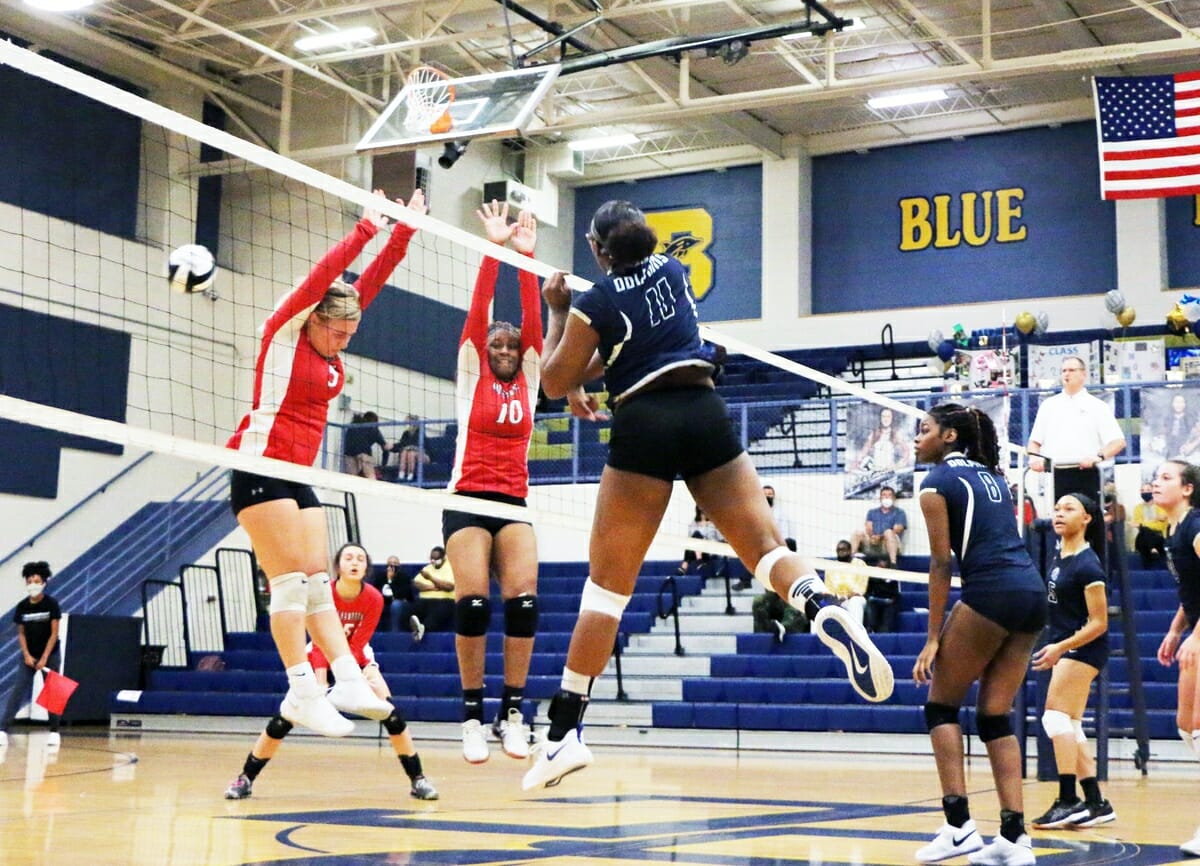We all want our kids to feel happiness, to experience success, and to be excited about life. However, if we want our children to be truly happy in the world, then they have to learn how to function within it.
Using strategies to keep our children constantly content 100% of the time robs them of the ability to adjust, cope, and self-soothe. These three skills are part of every content adult’s toolkit. So, how do we get our children to cope with reality or the fact that the world often says “no” when we long for something?
Deborah Ann Davis, award-winning author, parenting skills coach, mother, and former high school educator of 20+ years offers a adjustment tips on how parents can help teach their child how to adjust, cope, and self-soothe in any situation:
If you want your child to handle disappointment eloquently, it’s not automatic. You actually have to train them to change their habits and reactions.
Here’s a simple strategy for you to share with them ahead of time:
1. Say to them, “Sometimes you get what you want, and sometimes you don’t get what you want. When you don’t get what you want, it may feel bad, but that’s okay. You’ll be all right. And you may get your way next time!”
2. Then, in the following days, pick out several moments when they want something easy, and say, “Sometimes you get what you want, and sometimes you don’t get what you want. This is one of those times when you’re getting what you want.”
You can plan for these moments— when they want to wear mismatched socks, or want more broccoli, or want to move furniture to make a fort. Capitalize on things you were already willing to say “yes” to anyway.
3. Repeat it. Say it as many times as you can. Calm repetition is your friend! You will be laying the groundwork for the next inevitable disappointing “no”. As each situation rears its ugly head, you’ll be ready. It may feel forced or awkward to you to repeat the same thing, but for them it will feel familiar (perhaps annoying at times, but familiar).
If you are first employing this strategy with a tween or teen, your training must also undo her old habits and expectations. But, don’t worry. As long as you are consistent, the learning curve will be shorter.
Email your questions/issues to info@DeborahAnnDavis.com
Exclusive content from CARE Magazine







